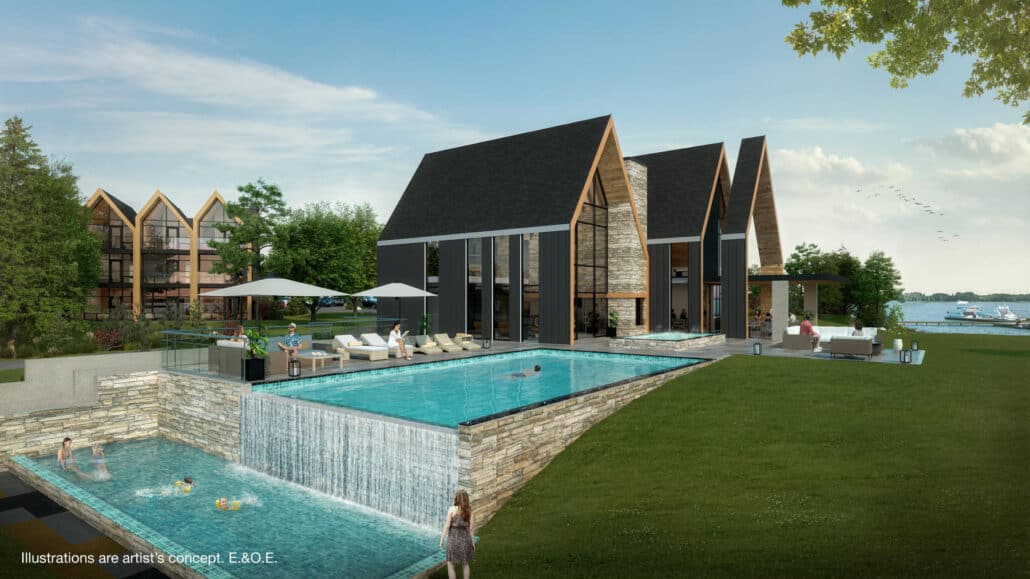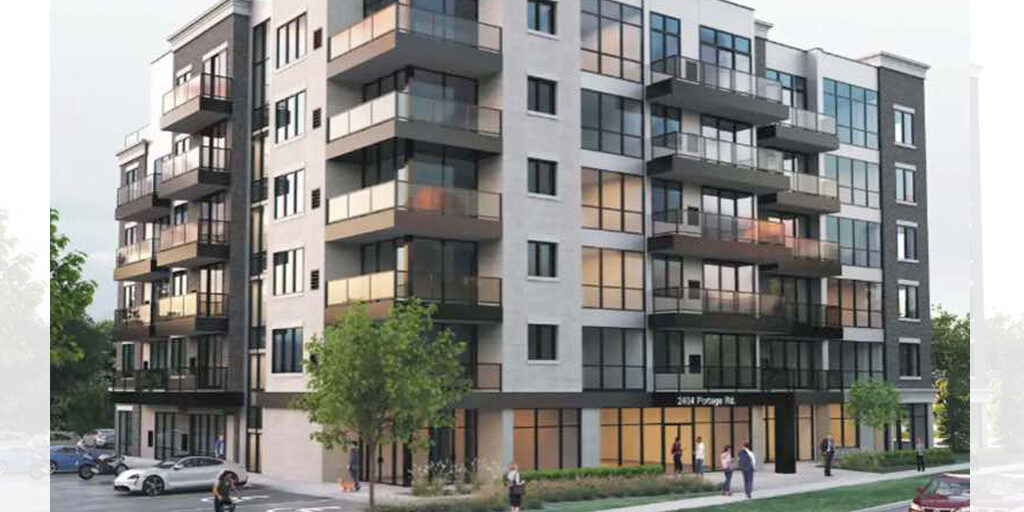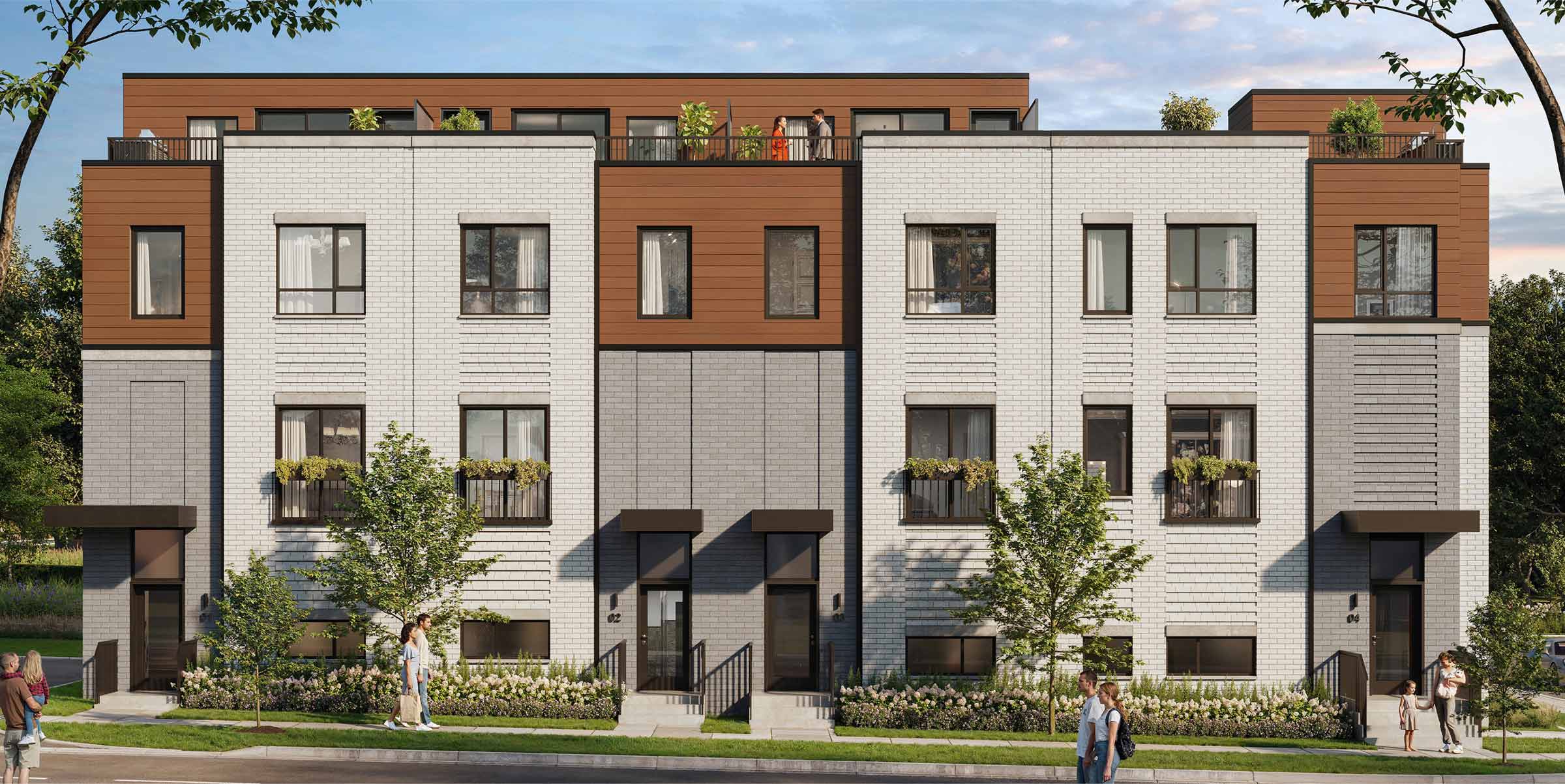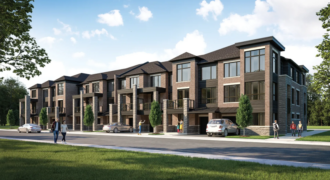Purchasing a pre-construction property can be an exciting and rewarding investment, but the process can also be complex and overwhelming. It is essential to understand the steps involved and what to expect before making a commitment. In Canada, the pre-construction buying process typically involves several stages, from researching potential properties to closing the sale. In this article, we will explore each step of the pre-construction buying process in Canada, providing you with a comprehensive guide to making the most informed decision.Discover the process of buying a new-build or pre-construction house – click here!
Step 1: Research
The first step in the pre-construction buying process is to research potential properties. With many new developments popping up across Canada, it is crucial to find a project that meets your needs and budget. Start by identifying the region or city you would like to live in, and research the various developments available. Some of the factors you should consider include:
- Location: The location of the development is an important consideration. Consider factors such as proximity to work, public transportation, schools, and amenities.
- Developer reputation: Research the developer behind the project to ensure they have a good reputation in the industry. Look for reviews from previous buyers and check if they have any legal issues or complaints against them.
- Price: Price is a critical consideration in any real estate transaction. Research the prices of similar units in the area and compare them to the project you are interested in.
Step 2: Choose a Project
After researching potential properties, the next step is to choose a project that meets your needs and budget. You should consider the following factors when making your decision:
- Amenities: Different projects offer different amenities. Consider the amenities that are essential to you, such as a gym, pool, parking, or storage.
- Layout: The layout of the unit is also an important consideration. Consider the size, number of bedrooms, and any other features that are important to you.
- Developer incentives: Developers often offer incentives to attract buyers, such as discounts or free upgrades. Consider these incentives when making your decision.
Step 3: Review the Purchase Agreement
Once you have chosen a project, the next step is to review the purchase agreement. The purchase agreement is a legally binding contract that outlines the terms and conditions of the purchase. It is essential to review this document carefully and consult with a real estate lawyer if necessary. Some of the critical details to review in the purchase agreement include: Click here to learn more about the Agreement of Purchase and Sale in Canada.
- Price and payment terms: Review the purchase price of the unit and the payment terms, including the deposit amount and the balance payment schedule.
- Occupancy date: The occupancy date is the date when you can move into the unit. It is important to review this date and understand what happens if the developer misses this deadline.
- Closing costs: Closing costs are additional costs associated with the purchase of a property, such as land transfer taxes, legal fees, and utility setup fees. Review the closing costs outlined in the purchase agreement and ensure that you understand these costs.
Step 4: Submit a Deposit
After reviewing and signing the purchase agreement, the next step is to submit a deposit. The deposit is typically a percentage of the purchase price and can range from 5% to 20%. The deposit is usually held in a trust account until the project is completed. If you decide to back out of the purchase, you may lose your deposit. here some extra details regarding Pre-Construction Condominium Deposits and Fees
Step 5: Wait for Construction to Begin
Once you have submitted your deposit, the next step is to wait for construction to begin. The timeline for construction can vary significantly depending on the project’s scope and the developer’s track record. Some developers may give you regular updates on the project’s progress, while others may not.
Step 6: Interim Occupancy
When the building is nearing completion, you may be given the option to take interim occupancy of your unit. This means you can move into the unit while the construction is still ongoing, but the building is not yet registered as a condominium with the local government. During this time, you will be required to pay an occupancy fee to the developer, which is typically equivalent to the interest on the outstanding balance of the purchase price.
It is important to note that during interim occupancy, you will not have full ownership of the unit, and you will not be able to sell or mortgage it. Additionally, the unit may not be fully complete, and there may be ongoing construction activities in the building. Interim occupancy typically lasts a few months, but it can be longer depending on the project’s size and complexity. Want to know more about interim occupancy? Click here to find out!
Step 7: Final Inspection
After the building is completed, the next step is to conduct a final inspection of the unit. This is typically done with the developer or their representative to ensure that the unit is complete and meets the standards outlined in the purchase agreement. Any deficiencies or issues identified during this inspection should be documented and addressed by the developer before the final closing.
Step 8: Final Closing
The final step in the pre-construction buying process is the final closing. This is when the sale is completed, and you take full ownership of the unit. The final closing typically takes place at a lawyer’s office, and you will be required to pay the outstanding balance of the purchase price and closing costs. You will also need to provide proof of insurance for the unit and sign various legal documents.
Comparison to Resale Properties
The pre-construction buying process differs significantly from purchasing a resale property. When buying a resale property, the process is much faster, and you can typically move in immediately after closing. However, pre-construction properties offer the advantage of being brand new, with modern features and the ability to customize the unit to your preferences. Additionally, pre-construction properties may appreciate in value over time, providing a good return on investment.
Additionally Click here for knowing Investment opportunity in 2023.
Conclusion
The pre-construction buying process in Canada involves several steps, from researching potential properties to final closing. It is essential to understand these steps and what to expect to make an informed decision. By considering factors such as location, developer reputation, price, amenities, layout, and incentives, you can choose a project that meets your needs and budget. It is also important to review the purchase agreement carefully, submit a deposit, and wait for construction to begin. When the building is complete, interim occupancy and final inspection are necessary before final closing. While the process can be complex and lengthy, pre-construction properties offer the advantage of being brand new, modern, and customizable, with the potential for appreciation in value over time.











